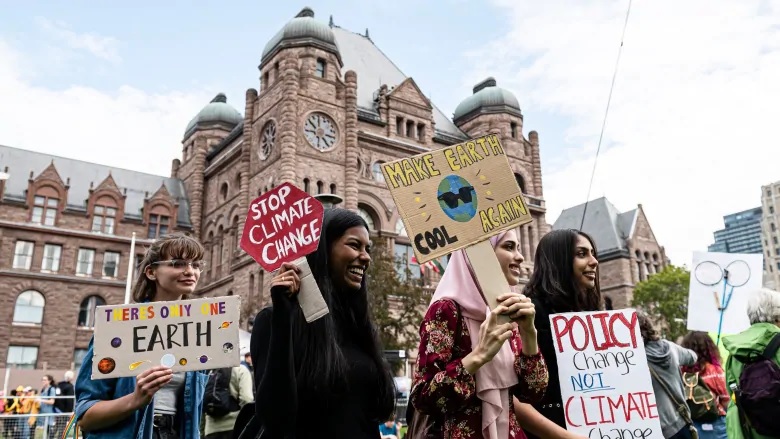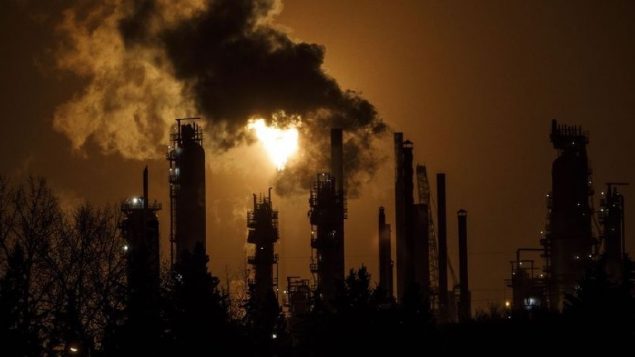In 2013, the U.S state of California engaged in a cap-and-trade carbon emissions trading deal with the provinces of Ontario and Quebec. Ontario backed out of the deal in 2018 with a change in the provincial government.
Now Quebec finds itself on the sidelines of a lawsuit by the U.S federal government against California over the deal.
The lawsuit says California overstepped its authority in making the international deal.
“The state of California has veered outside of its proper constitutional lane to enter into an international emissions agreement,” Assistant Attorney General Jeffrey Bossert Clark said in a statement adding that the U.S federal government is the only agency to speak on U.S. foreign policy.

The Ontario legislature in Toronto was the site of major climate protests last month. On Friday, an Ontario court ruled the cancellation of the cap and trade deal with Quebec and California was not legal, but there was no requirement to reinstate it. Washington is now suing California for signing the international deal which remains in effect with Quebec. (Christopher Katsarov/The Canadian Press)
Quebec’s Premier, Francois Legault says if California is forced out of the deal, the province will continue on its own.
Under cap-and-trade governments set declining targets for emmissions, and those that cut pollution quickly can sell credits to others which are not as quick and still above targets.
While Washington states that the Constitution prevents individual states from making treaties with foreign governments.
California and environmental lawyers contend the deal is on solid constitutional grounds.
Meanwhile, the Alberta oilsands figure in another legal battle in the U.S. which began on Tuesday.
This one pits the state of New York against Exxon-Mobil. The New York Attorney General contends the giant oil firm misled its investors over the risk of oilsands projects in the light of government efforts to combat global warming and the changing climate. Exxon-Mobil is a major investor in the Alberta oilsands through its Canadian subsidiary Imperial Oil.
The suit claims the company used two sets of books, one for itself and another for investors which under-estimated the effect of carbon pricing on 14 projects in the Canadian province, by $30 billion which concealed the risk to investors and inflated the asset value of Imperial, making the investments appear more secure and of greater value.
The state also alleges that low carbon estimates falsely extended the economic service life of some assets, noting for example that the Cold Lake facility’s economic life should be rated at over two decades shorter at a proper carbon price while the carbon cost of another project in northern Alberta was understated by some 94 per cent.
Exxon has tried twice to stop the case saying the lawsuit fails to consider the company accounts for increasingly strict climate regulations, adding the allegations are bizarre.
The U.S state of Rhode Island is persuing Exxon and BP for damage along its coast, while the Attorney General of Massachusetts announced intention to proceed against Exxon for deceptive marketing.
Additional information-sources
- CBC: Oct 23/19: Trump administration sues California over deal with Quebec
- Reuters (via Global News): Lambert/Gardner/Lynch: Oct 23/19: California sued by Trump administration over Quebec climate deal
- Canadian Press (via PostMedia) Oct 23/19: Oilsands carbon liability in a New York fraud lawsuit
- BBC: Oct 22/19: Exxon accused of misleading investors.
- Inside Climate News: N.Kusnetz: Oct 22/19: Exxon’s climate fraud trial opens with packed courtroom







For reasons beyond our control, and for an undetermined period of time, our comment section is now closed. However, our social networks remain open to your contributions.